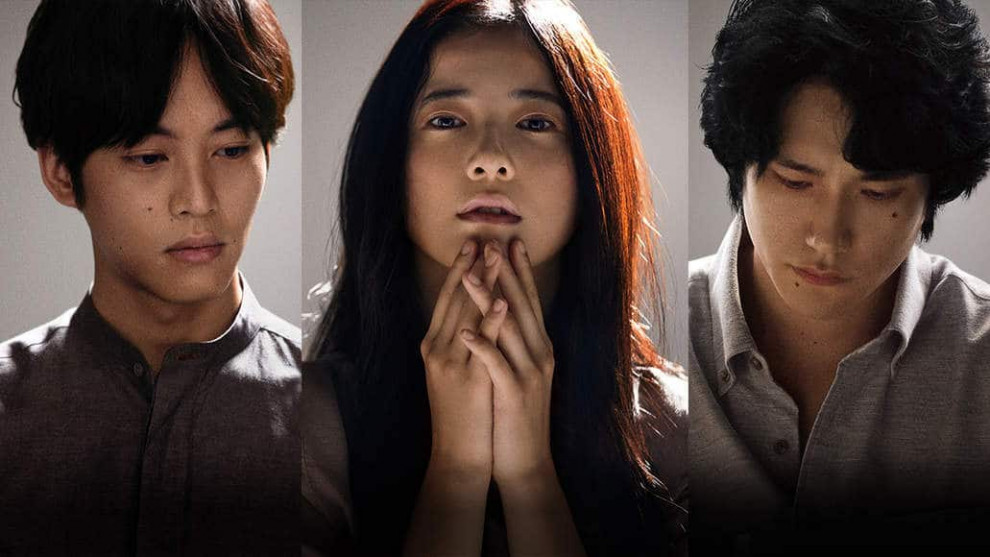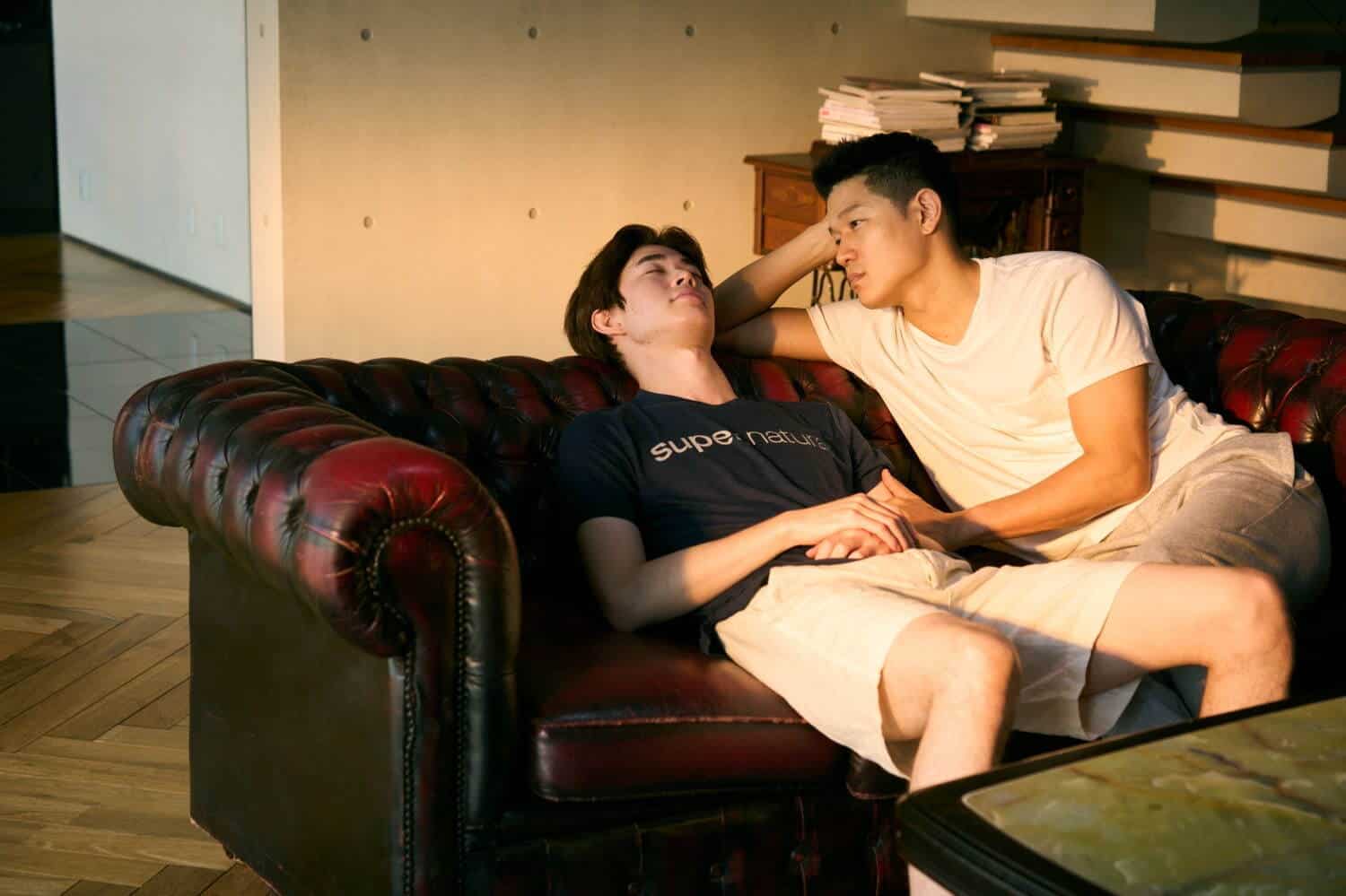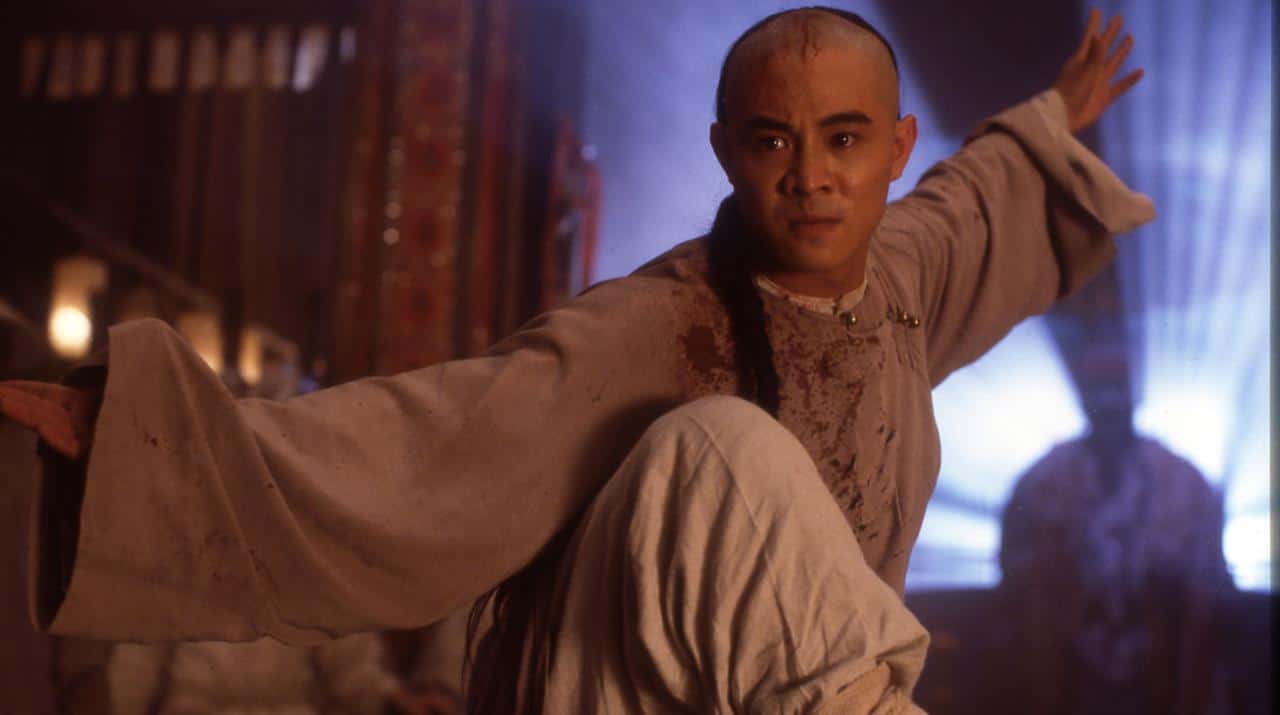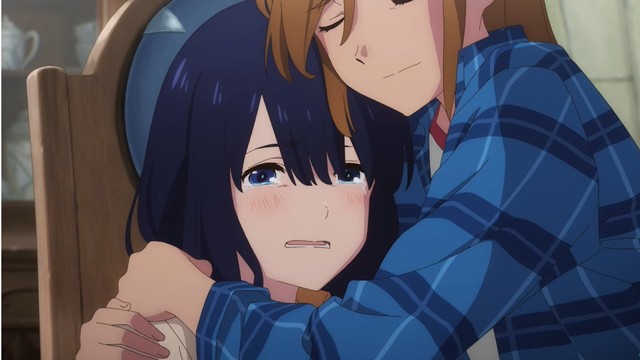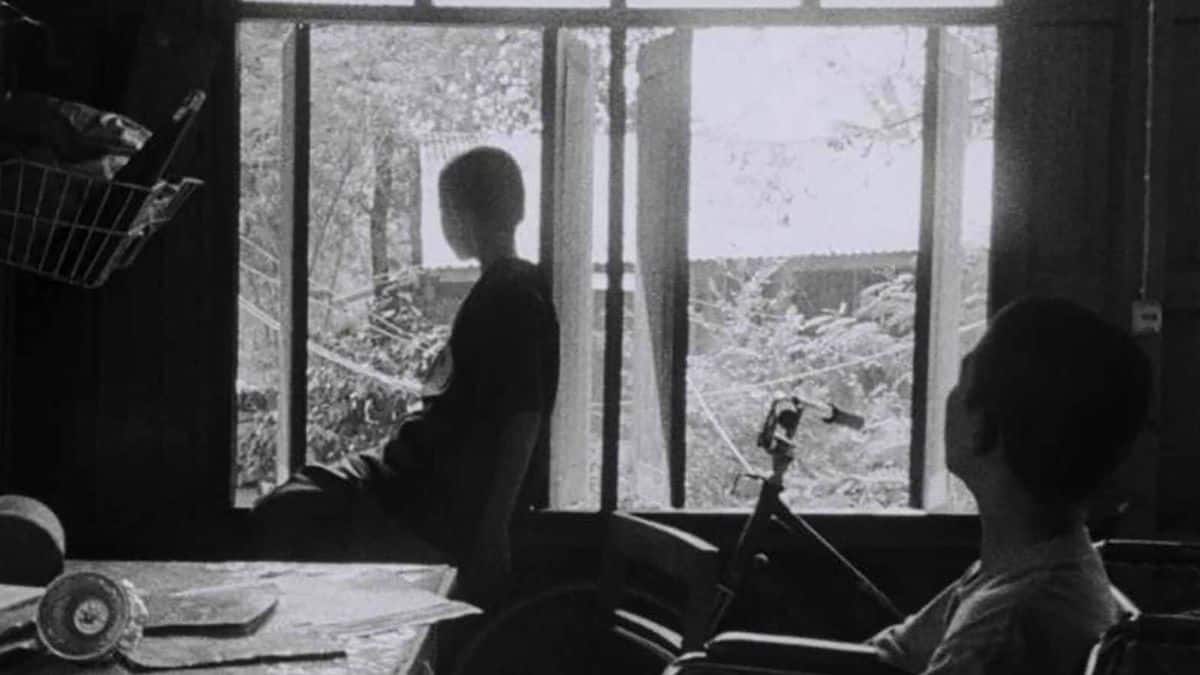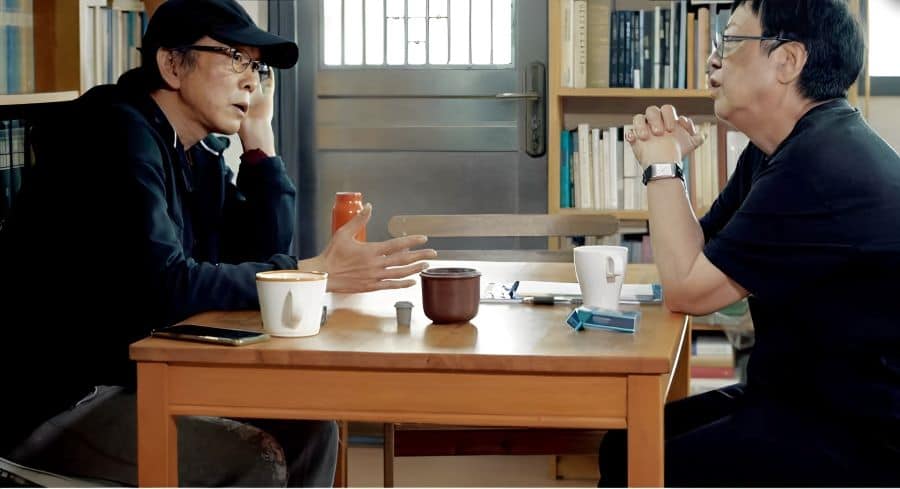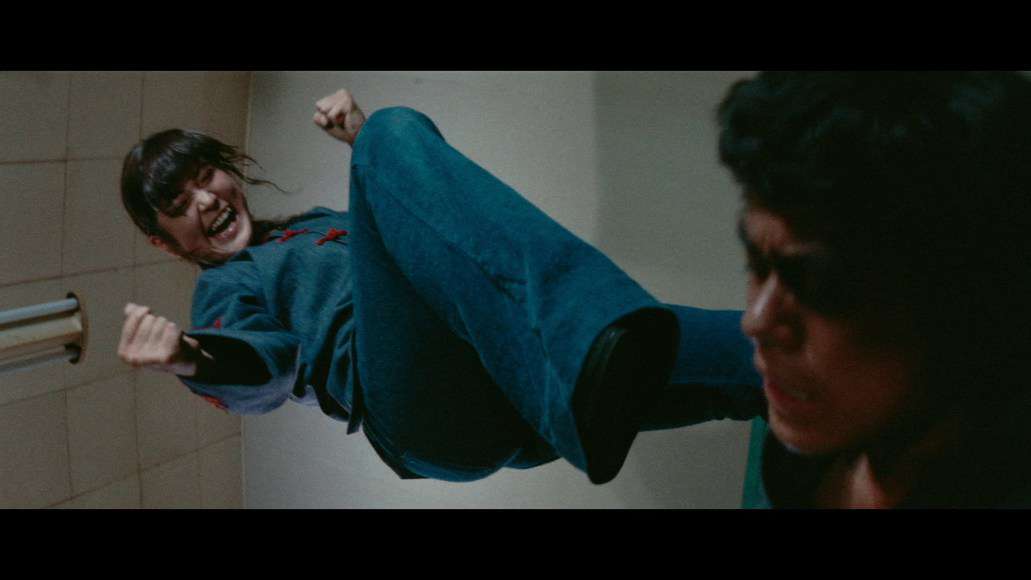Based on Mahokaru Numata's homonymous mystery novel, which sold over 250,000 copies worldwide, “Yurigokoro” is a mystery film that seems to implement a combination of the style of Sion Sono and Shunji Iwai, to present a thriller/drama using one of the recent “trademarks” of the category, the fractured narrative.
Yurigokoro is part of the 2018 Japan Foundation Touring Film Programme

Ryosuke seems like a perfectly ordinary guy, maybe with the exception of the fact that occasionally he speeds up with his car. He owns a rural restaurant that is going really well, and is about to marry a very beautiful girl, Chie. His life however, soon turns completely upside down, when his father is diagnosed with pancreatic cancer, he discovers a diary in his belongings that seem to entail the confession of a serial killer named Misako, starting with the perpetrator's childhood, and his fiancé disappears. As he tries to figure her whereabouts and if the events in the diary are real of just figments of an imagination, a mysterious woman who seems to have information about the former, makes an appearance in his restaurant.
Kumazawa directs a film that unfolds through a number of axes. The first one takes place in the present, and revolves around Ryosuke and the shocking turn his life has gotten. The second one is placed in the past and revolves around the diary's author childhood, and is split in three parts: her childhood, teenage years, and womanhood. Two minor ones revolve around Chie and Ryosuke's father, with almost all of them coming together eventually, through a series of shocking but quite farfetched plot twists.
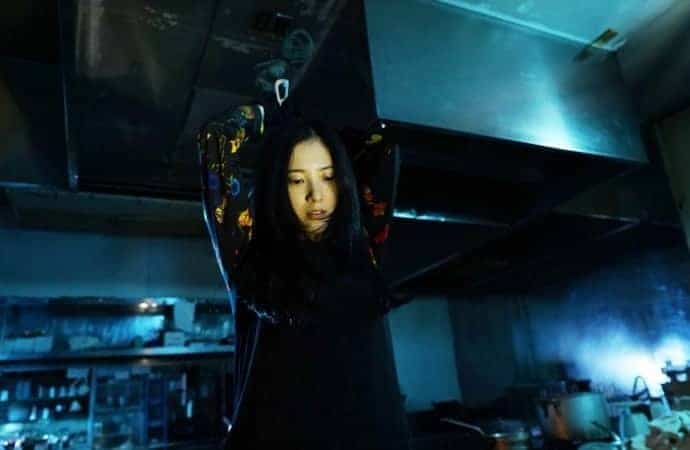
Although the coming together part has a number of narrative faults, the separate axes are quite interesting, with the one of the serial killer being the most captivating of all. This arc is what reminded me of Sion Sono's films, through a story of grotesqueness with sexual implications that eventually becomes an “abnormal” love story. This arc also carries most of the sociophilosophical comments of the film, which focus on human nature and particularly the archetypical questions of “can someone really change?” and “are we born or become what we are?”.
The arc revolving around Ryosuke was the one that reminded me of Shunji Iwai, through the story of a man who seems normal but eventually has to deal with the truth of his existence, while another archetypical question is presented here, of “are we destined to become like our parents?”.
The rest of the arcs serve mostly as means of progression for the two aforementioned ones, although the combination with Chie's is, once more, farfetched as a whole.
One of the best assets of the film is the casting, with Yuriko Yoshitaka as Misako, Kenichi Matsuyama as Yosuke, a man who eventually becomes involved with Misako, and Tori Matsuzaka as Ryosuke providing excellent performances, while their physique fits their parts perfectly. Nanako Hirao as the child Misako is equally impressive, and probably hers is the most chilling performance of all.
Keisuke Imamura's cinematography is again split into two different approaches, depending on the two central arcs. For the Misako one, it is filled with darkness, shadows and elements of grotesqueness that again, reminded me of Sion Sono films. For the Ryosuke one, is filled with light and mostly rural beauty, with the presentation of the restaurant being similar to the visuals usually met in Iwai's films.

Naoto Kumazawa had the very difficult job of connecting the arcs together, but the result is splendid, with his editing allowing the narrative to unfold in the most intriguing fashion, and through a very entertaining pace that suits the overall aesthetics of the film to perfection.
“Yurigokoro” is a very interesting and diverse film that all fans of thrillers will probably enjoy, which would benefit, though, from a more believable story. Nevertheless, the direction, acting, cinematography and editing definitely compensate.


